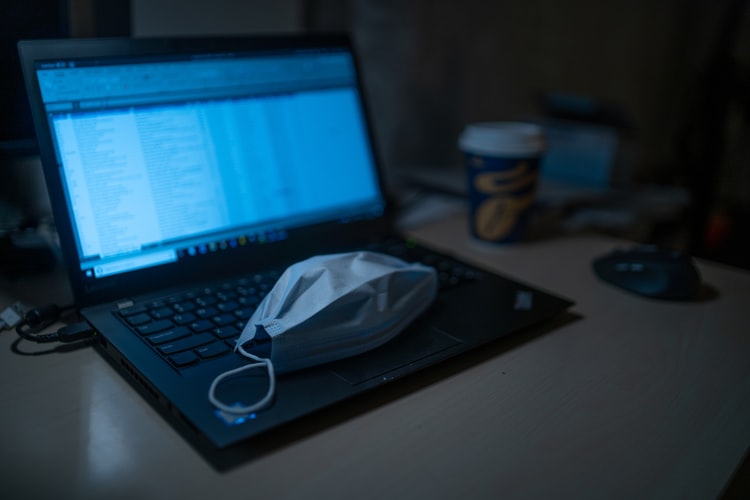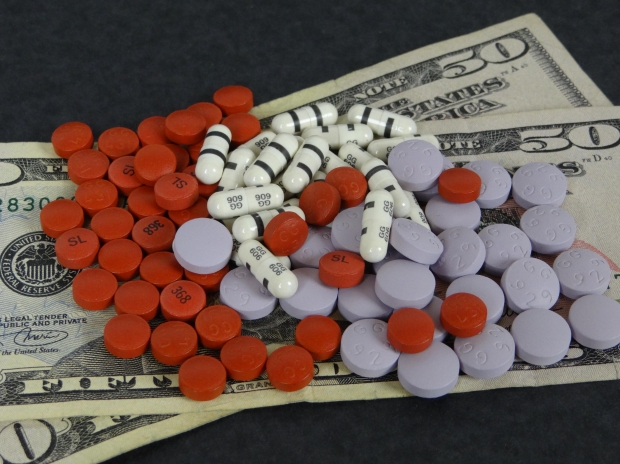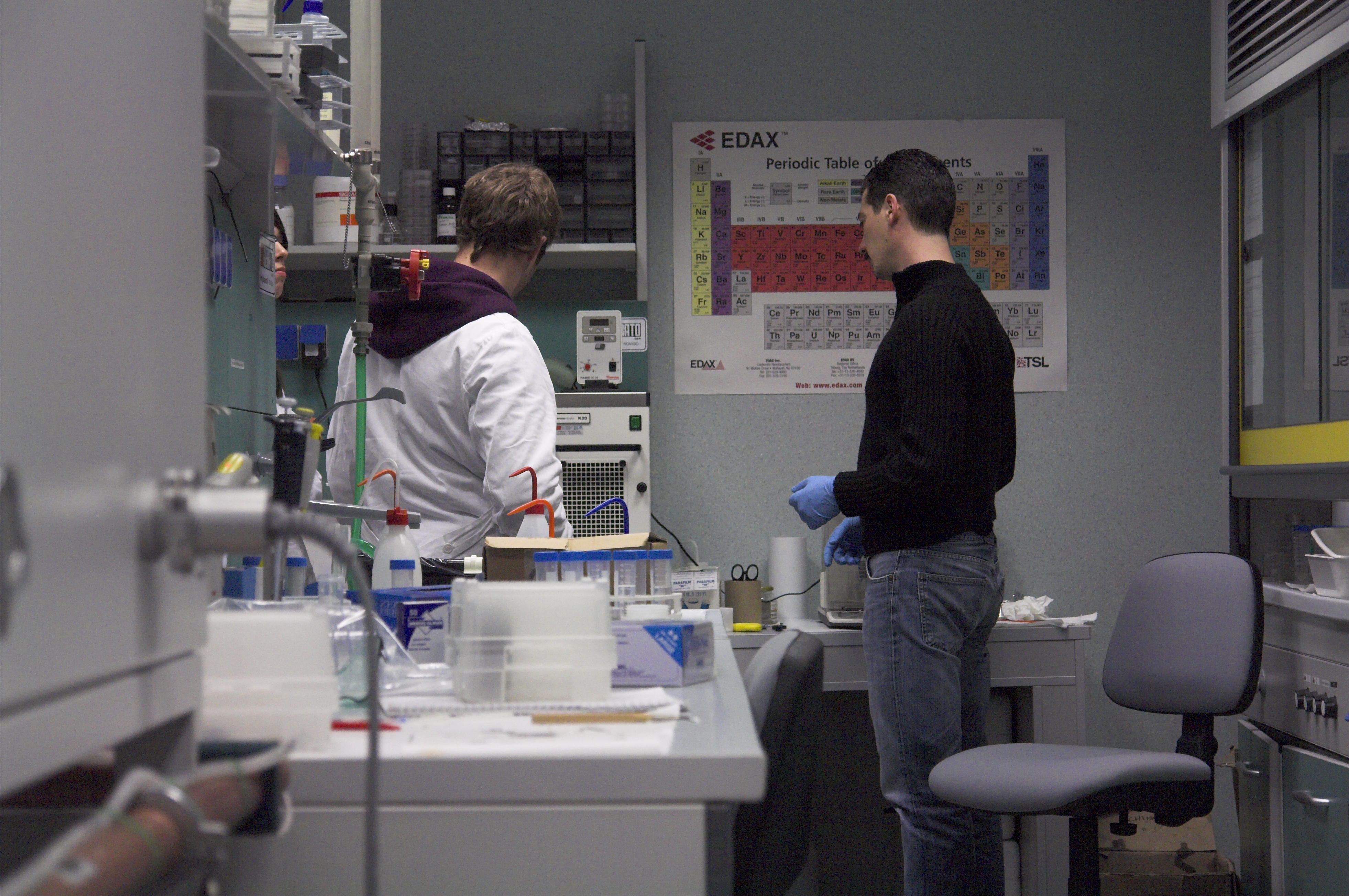“Can Parasitic Worms Cure Seasonal Allergies?”
“New Study Shows Too Much of This Breakfast Staple Will Literally Kill You”
“Here’s Why Sitting is Worse for Your Health than Smoking”
You — or someone you know — is bound to see headlines like these every day. After all, looking up health information remains one of the most popular internet activities. But as the saying goes, you can’t believe everything you read.
Kelly McBride, vice president of the Poynter Institute, last year told The Atlantic that “of all the categories of fake news, health news is the worst. There’s more bad health news out there than there is in any other category.”

Whether it’s viral stories that dandelion weed cures cancer, bogus health advice falsely attributed to the Mayo Clinic, advertisements masquerading as news, or outright fake medical news, scammers have found all sorts of new hacks to earn clicks and trick readers with sensationalized content.
Below I want to dive deeper into two recent examples of popular health stories that misrepresent the underlying science. I’ll point out where they went wrong, then leave you with some tricks of your own to help you weed the bad information from the good.
Example 1: Can taking hormones cut belly fat?
Last March, CNN and other news outlets reported that taking hormones significantly reduces belly fat in postmenopausal women ages 50-80. The story was based on a study published in the Journal of Clinical Endocrinology and Metabolism.
Little did readers know the story had misrepresented the original study’s findings — a not uncommon problem. Journalists failed to mention that the “significant” fat loss amounted to just two ounces.

Photo by Matt Madd, via Costculator
Worse, there was no mention of the negative side effects of hormone treatment like bloating, breast tenderness, mood changes, and nausea.
Are these side effects worth the small losses in body fat? For many people, they aren’t. But you’d never know from the headlines.
Example 2: Is fluoridated water bad?
Harder to spot are groups using poor science to support their beliefs.
Based on a recent article in Environmental International, ScienceDaily reported that higher levels of fluoride exposure during pregnancy will increase the odds that their children will have attention deficit/hyperactivity disorder (ADHD). The anti-fluoride crowd claims that this is yet more proof that putting fluoride in drinking water is harmful.

Photo by Airman st Class Alexxis Pons Abascal, via Cannon Air Force Base
Unlike the hormone therapy example, it was the original study’s authors who inflated the merit of their results. The study was not done well enough to support their claim — another common problem. The most obvious flaw was that, despite saying that higher intake from fluoridated water resulted in a higher risk of ADHD, the fluoride intake of the women was not known.
I certainly wouldn’t switch pregnant women to bottled water based on this study.
How to spot a fake health news article
Read more than the headline
Remember that news sites are trying to attract readers, so they are more likely to cover eye-catching topics. When reporting research studies, that often means news outlets look to scoop stories on groundbreaking studies that have yet to be confirmed, or less reliable observational studies promoting inflated conclusions.
A “clickbait” headline lures you in but fails to deliver promises. Unfortunately, these are all too common in health news reporting.

Photo by Marvin Tolentino, via Unsplash
So if a headline grabs your interest and it may apply to you or someone you know, be sure to read the whole article. Look for details within that support the sensational headline.
For example, the ScienceDaily article above reports that fluoride intake was estimated by measuring fluoride levels in urine that had been stored for up to 12 years! That is quite a stretch, and reason to be skeptical of the findings.
Look for indicators of trust
How do you know if you can trust what you’re reading?
Make sure the news site is reputable and clearly lists the author of the news report, along with their experience. Articles written by a science or health reporter trained to understand medical findings are most likely to get and report the gist of the study. It is also important to know about the editors responsible for the content and owners of the website.
Do a little digging to see if the journal and author(s) have a good reputation and whether or not the article has been peer-reviewed by specialists. Reputable journals are usually published or sponsored by a scholarly society, professional association, or university academic department.

Photo by Sarahmirk, via Wikimedia Commons
A handy list of peer-reviewed journals can be found at OMICS International.
Find out what other outlets are saying
Sometimes a supporting or more detailed news report can be found on other credible news services. In the case of the CNN headline, MedPage Today provided crucial details showing the small change in stomach fat that CNN failed to report.
Exploring more than one source is especially important for groundbreaking news. If it’s truly important, many news outlets will be reporting it.

Photo by Andrew Neel, via Unsplash
Another strategy is to search for news reports about studies looking at the same issue so that you can compare.
It is not uncommon for news reports to disagree, even if they are reporting the same research. In fact, controversy and diverse opinions are usually a sign that the reporter has done their homework.
Additional commentary about the article by expert medical professionals or organizations can also improve credibility. An added benefit may be to increase how well you understand the news report.
Make sure the research is reliable
You definitely want to be reading news based on good research. But knowing what constitutes “good” research can be tricky, especially if you don’t have a background in science. Here are just a few clues that the research is relevant to you:
- the study in question was done on humans, not animals
- the benefit to patients is not too small to offset complications and side effects (e.g. the CNN fat-loss article)
- the treatment is something people can actually do or afford. For example, most people can’t move to Arizona to relieve allergy symptoms

Photo by Understanding Animal Research, via Wikimedia Commons
Be wary of industry-sponsored trials, such as pharmaceutical or medical device companies, as they are more likely to be biased and show positive results. For example, the study about hormones and belly fat was partially funded by a pharmaceutical company that makes these hormones.
Also be wary if the authors don’t mention the flaws in their study. If they do, those should also be presented in the news report.
Avoid these common signs of fake health news
- The site or news article endorses specific treatments, products, or caregivers
- There are links to an online store selling these items
- The news article only quotes people who agree with the conclusion
- Only positive research results or specific points of view are discussed.
- A cause is being advocated
- It sounds too good to be true, because unfortunately there are few quick fixes and no miracle cures
Final word
So whether you’re reading medical news articles for general interest or because you want to be better informed about your healthcare, you can use these suggestions to help you get more out of them without being fooled.
Since you will likely not be able to evaluate articles like a medical professional, try not to make any rash decisions based on a news report. Before doing anything you should always discuss any “breakthrough” that directly concerns your medical care with your provider.




